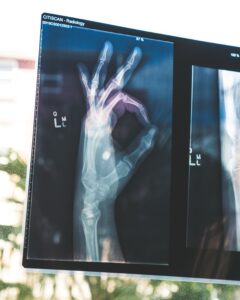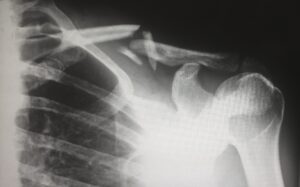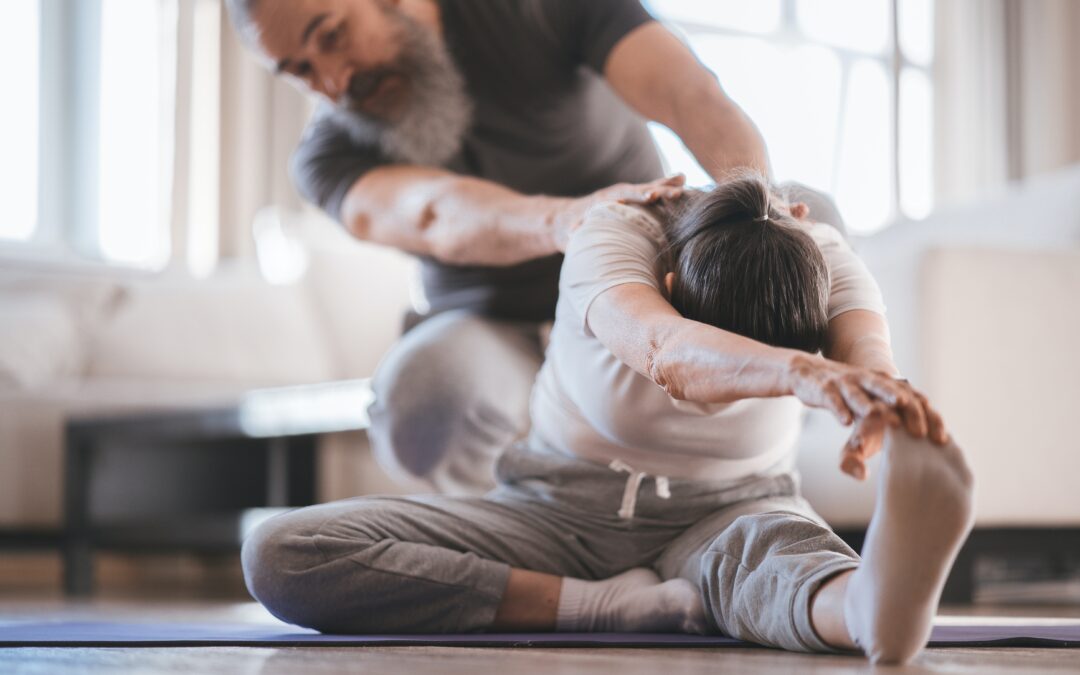Bone and joint health problems are common among people over 65 years as they cause pain, deformities, and inflammation. Areas affected could include knees, hips, and fingers, just to mention a few. The weakening of bones and stiffening of joints prevents seniors from participating in activities like they normally did in the past.

How to Improve Bone and Joint Health for Seniors
Some common bone and joint-related problems that seniors experience include:
- Broken bones
- Muscle weakness
- Slower reflexes
- Osteoarthritis
- Fear of falling
Bones are the foundation of our bodies and although aging tends to decrease bone mass, there are ways that we can strengthen our muscles, protect our joints and add density back to our bones.
-
Maintain a Healthy Body Weight
Joints are weight-bearing, therefore maintaining an optimum weight is important for mobility and overall health and wellbeing. Excess weight puts a strain on hips, spine, and knees making it challenging for us to engage in activities of daily living. Along with these weight-related strains, excess weight increases the risk of diabetes, high blood pressure, and heart problems.

Eating a Balanced Diet
-
Eating a Balanced Diet
Seniors should focus on a well-balanced diet for bone and joint health. A typical diet should have lots of vegetables, fresh fruits, lean proteins, and whole grains. Limiting foods high in sugar, salt, fat, or processes carbohydrates can help improve your overall bone and joint health. Consider home-cooked food as you are aware of the ingredients that have been used to prepare the meals. For seniors who are unable to cook for themselves, you can consider a home care aide to assist with meal planning and preparation at the comfort of your home.
-
Exercise Regularly
Exercises do not necessarily mean going to the gym or doing some form of structured workout. It also includes any physical activity that keeps the body active and moving. Aging tends to restrict the kind of exercises seniors can do, however, simple exercises, when done regularly can help reduce excess weight, joint swelling, or inflammation. Strength training is also important for seniors as it helps strengthen muscles and surrounding joints. Stretching exercises should also be included after an activity to improve the range of motion and reduce soreness.

Exercise Regularly
-
Get in Calcium and Vitamin D
Both Calcium and Vitamin D are considered the building blocks of bone and joint health. However, the typical American diet does not include the right nutrients for calcium and vitamin D. You can talk to your doctor to recommend supplements to allow you to get these nutrients or incorporate Calcium and Vitamin-D rich foods in your diet.
-
Focus on a Healthy Lifestyle
Healthy lifestyles are not only about dieting and exercising, they also focus on our day-to-day habits. A healthy lifestyle includes taking care of your physical, mental, and emotional health. It is mindful of the choices we make to feel good about ourselves. Seniors should focus on avoiding smoking, stress, loneliness, and limiting alcohol intake.

Take a Bone Density Scan
-
Take a Bone Density Scan
Regular visits to your physician should ensure that any health issues related to your bones and joints are caught early enough. If you also experience intense or ongoing pain, you also need to talk to your doctor. Doctors can recommend some physical therapy that can be done at home either alone or with the help of a home care nurse.
Remember that it is not too late to make changes! Incorporating these changes can significantly improve your bone and joint health.
Like and follow us on Facebook, Instagram & Twitter.
Subscribe to our YouTube Channel



